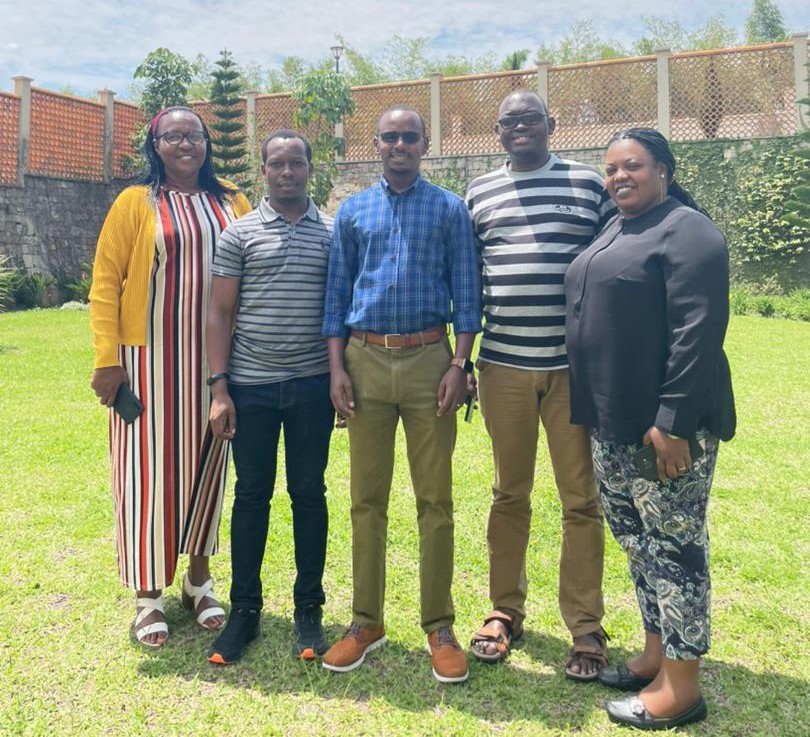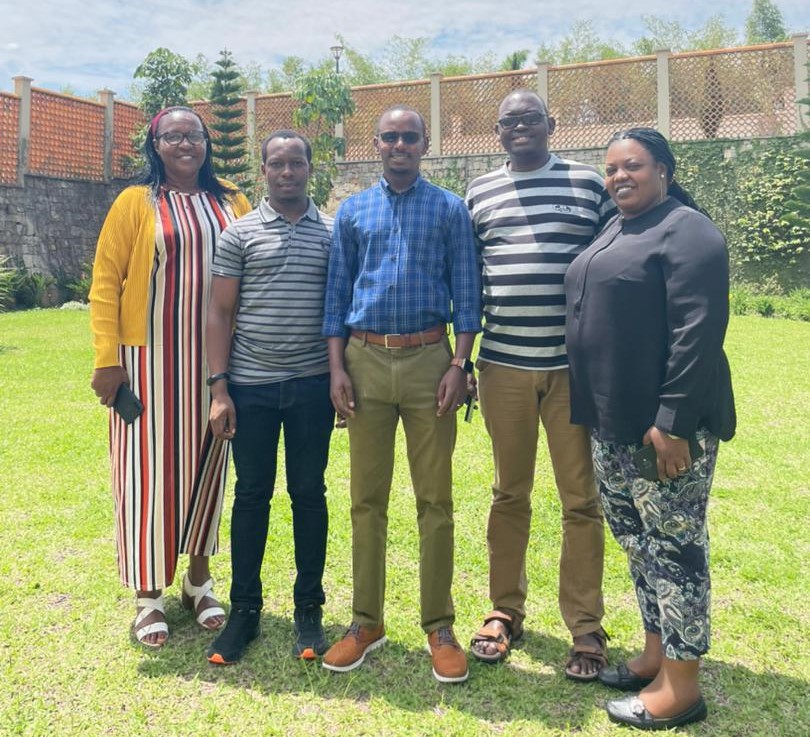Interpeace and its partners, Prison Fellowship Rwanda (PFR), HAGURUKA and Dignity in Detention Organisation (DIDE) have recently secured funding from SIDA to expand the current interventions under the “Reinforcing community capacity for social cohesion and reconciliation through societal trauma healing” pilot programme in Bugesera District to five (5) more Districts in Rwanda. These are: Ngoma,
Nyagatare, Nyabihu, Musanze and Nyamagabe. It builds on the lessons learnt and resources developed in the on-going EU funded pilot programme in Bugesera District, as well as on the experiences of partner organisations in the areas of mental health, social cohesion, collaborative livelihoods, and prisoner
rehabilitation and reintegration.
This four years programme to expand the Rwanda Healing to 5 more districts has secured the funding from SIDA and it is expected to run from October 2021 to September 2025. To kick-off the implementation, a 4-days planning workshop is planned from 9th-12 November 2021, with the following
objectives:
1. To develop a shared understanding of the project (expected outcomes, implementation strategies, project participants, etc) across all partners’ technical and management teams.
2. To jointly review/analyse the project M&E framework to ensure coherence in monitoring, documentation and reporting across all partners in the field.
3. To have a shared understanding of financial management and procurement procedures and compliance requirements by the donor and Interpeace.
4. To discuss partnership arrangements: allocation of responsibilities, set guidelines for collaboration and communication across all partners’ management and technical staff, etc.
5. To discuss priority actions for the inception phase and its budget.
6. Establishing the principles, values and modalities for the 4-year partnership
A holistic peacebuilding programme that is focussed on strengthening psychosocial and economic resilience for sustainable peace among communities in Musanze, Ngoma, Nyagatare, Nyabihu, Nyamagabe districts in Rwanda.
The mental health and psycho-social aspect contributes to addressing obstacles towards a more complete and effective response to trauma and other mental health disorders, including:
Development of context-relevant protocols of interventions
Decentralization of mental health services and increase access to MH services by professionals (at community level, in schools, prisons or workplaces)
Mental health awareness to reduce stigma, then increase MH care seeking behaviors
Strengthen formal mental health and psychosocial structures and personnel capacities, and their referral system with other connected services through establishment of systematized and standardized MHPSS Systems at local (District) and community levels.
The social cohesion aspect of the programme will support the harmonization and standardization of societal healing approaches to foster tolerance and trust among the Rwandan populations, particularly between former genocide perpetrators and survivors, and their respective families.
Expand the existing initiatives for societal healing through Sociotherapy
supporting the psychosocial reintegration of prisoners peace education (in communities, prisons and schools) support local structures (committees, association & clubs…) for social cohesion, unity & reconciliation.
The livelihood aspect of the programme will strengthen the population’s resilience capacities to socioeconomic hardships by promoting and supporting inclusive and collaborative socio-economic initiatives, through: Co-Live trainings (entrepreneurship, business, and financial management…).
Provide opportunities for TVET skills development Support CBE initiatives (incubation, business development, funding & follow up).
Foster new identities based on individual skills and inputs to the society.

